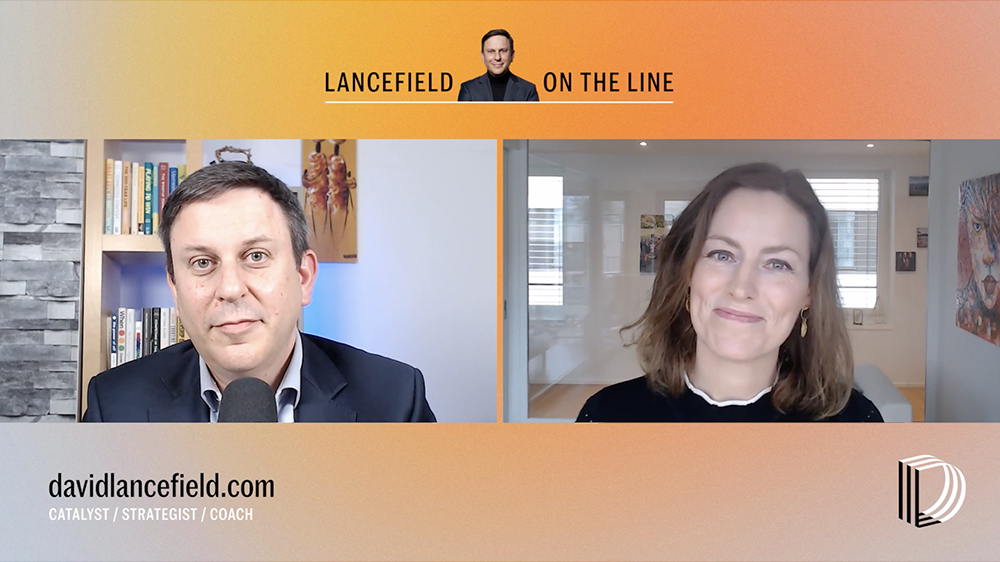Do you get enough sleep? The answer to that question has far reaching implications for your health, performance and wellbeing. As leaders there are many benefits to ensuring sleep is prioritised over work, from being able to make better decisions, improving your mental and physical health, to getting the best out of your teams. But how do you ensure you get enough?
In this episode, Dr Els van der Helm, a sleep neuroscientist and one of the top five sleep experts in the world, discusses the cost of chronic sleep debt. She explores how to improve sleep, performance, and wellbeing, by making sleep integral to our lives, not a residual when we’ve finished off everything on our to-do list.
You’ll hear about:
- The detrimental impacts of prolonged bad sleep
- What causes people to change sleep habits?
- The neuroscience of behaviour change
- The frontiers of sleep neuroscience
- The link between sleep and cancer
- Why light is important to our biological clocks
- How Dr Els prioritises sleep
- The importance of easy access to sleep
More about Els
Dr Els van der Helm is a neuroscientist, adjunct professor at IE Business School, has been named one of the top five sleep experts in the world and now advises corporations on sleep, performance, and wellbeing. She supports CEOs and decision makers worldwide to help them get the best out of themselves, their team members, and their organisation.
She hosts keynotes, workshops, webinars, sleep & wellbeing months, in combination with science-based assessments. Separately she also supports players in the sleep and wellbeing space as a boardroom advisor, educating their workforce on sleep and assisting in the creation of science-based sleep content for product and marketing purposes.
- Els’ website profile.
- Els’ LinkedIn profile.
- Sleep tips.
“There’s this direct thing that can help us feel happier: sleep.”
Dr Els van der Helm, sleep neuroscientist
VIEW RUNNING ORDER
| 03.00 | The detrimental impacts of prolonged bad sleep. |
| 07.59 | What causes people to change sleep habits? |
| 12.10 | The neuroscience of behaviour change. |
| 22.19 | The frontiers of sleep neuroscience. |
| 22.51 | The link between sleep and cancer. |
| 26.30 | Why light is important to our biological clocks. |
| 30.53 | How Dr Els prioritises sleep. |
| 35.44 | The importance of easy access to sleep. |

Jennifer Fondrevay: How to navigate organisational grief

Julian Birkinshaw: Fighting back in digital transformation

Niko and David: The power of strategy in everyday life

Kurt Matzler: How to achieve the impossible

Mita Mallick: Learning from a bad boss

Neri Karra Sillaman: What immigrant entrepreneurs can teach us

Pim de Morree: How to build self-managing organisations

Camilla Kring: How to work better with our rhythms


